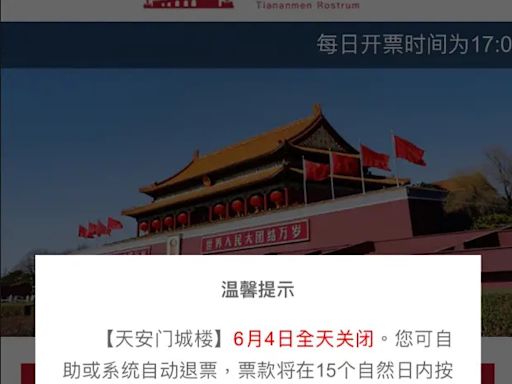搜尋結果
Consilience Definition: “In science and history, consilience is the principle that evidence from independent, unrelated sources can "converge" on strong conclusions. That is, when multiple sources of evidence are in agreement, the conclusion can be very strong even when none of the individual sources of evidence is significantly so on its own
2014年8月15日 · Discussion. "The tension between the ideals and practices of autonomous education projects is theorized most explicitly in Stefano Harney and Fred Moten’s eloquent essay. This tension is built into the concept of “undercommons”, which raises the question of how the subversive intellectual can be *in* but not *of* the university, i.e ...
L.M. Sacasas: "Ivan Illich’s argument for a commons of silence. I’ve cited that same essay by Illich before, but allow me to do so again here. “Just as the commons of space are vulnerable and can be destroyed by the motorization of traffic,” Illich argued, “so the commons of speech are vulnerable, and can easily be destroyed by the ...
= mb: this is an absolutely stunning collection of quality essays and material on consciousness, complexity, emergence, etc ..URL = https://www.organism.earth/library ...
2008年10月27日 · Description From the Wikipedia: "Noocracy, or "aristocracy of the wise", as defined by Plato, is a social and political system that is "based on the priority of human mind", according to Vladimir Vernadsky. It was also further developed in the writings of Pierre ...
* Book: Shanzhai: Deconstruction in Chinese.By Byung-Chul Han. MIT Press, 2017. URL = https://mitpress.mit.edu/9780262534369/shanzhai/ Description "Tracing the thread ...
Discussion Trent Schroyer: Regarding the Commons Abundance Debate "As I read this discourse I had a sense there are many other overlapping and converging views that were not discussed at the Berlin Commons conference that could be cognitive resources for








